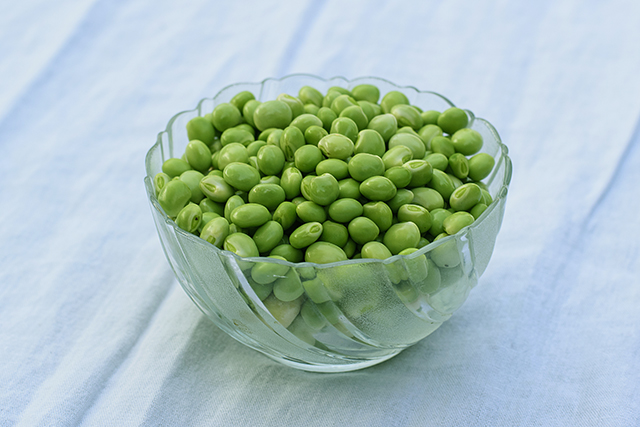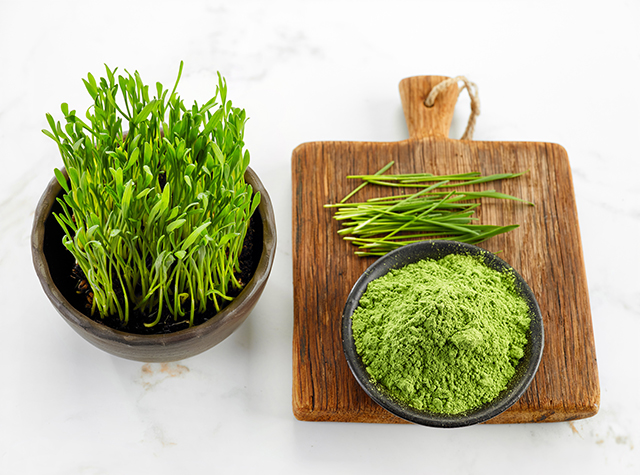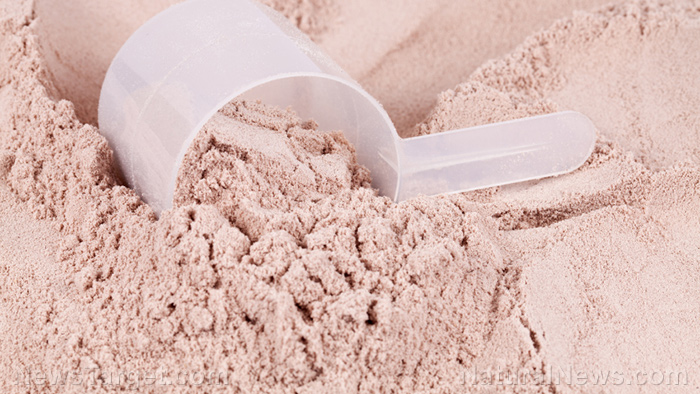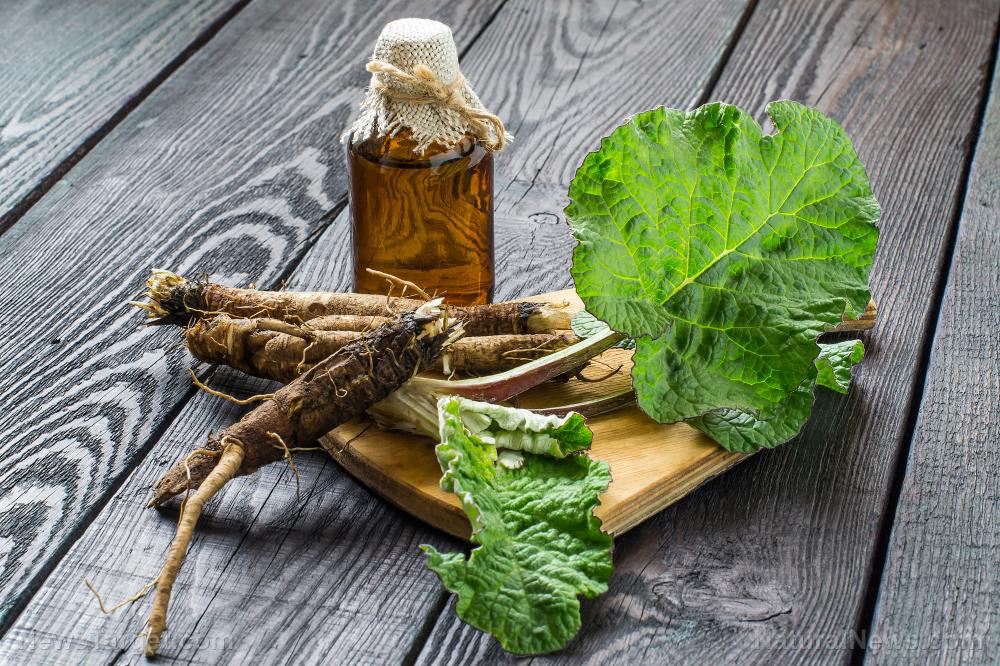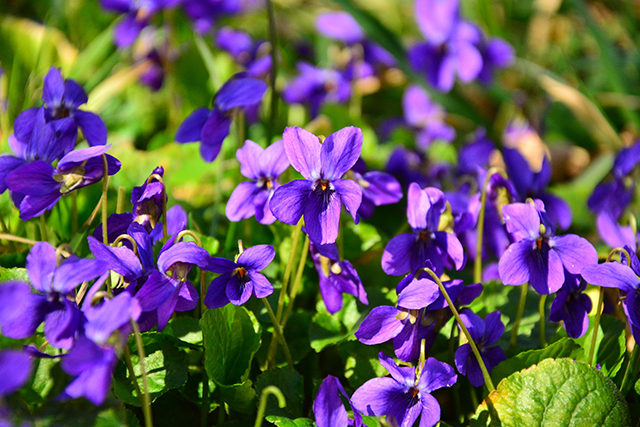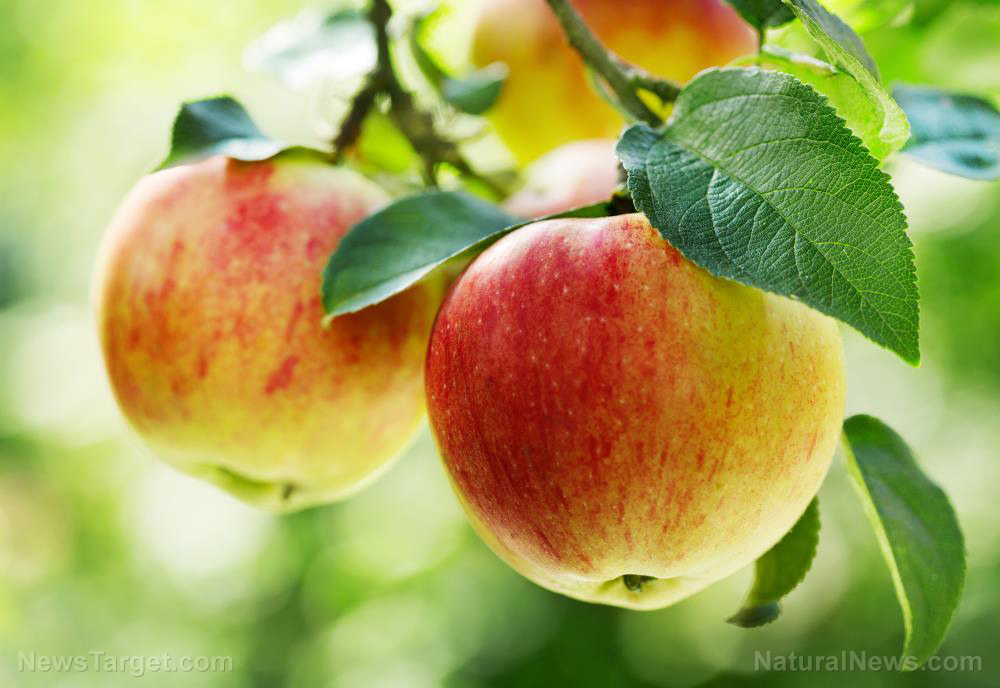Researchers identify plant-based alternative treatments for cold sores caused by herpes virus
06/04/2019 / By Evangelyn Rodriguez
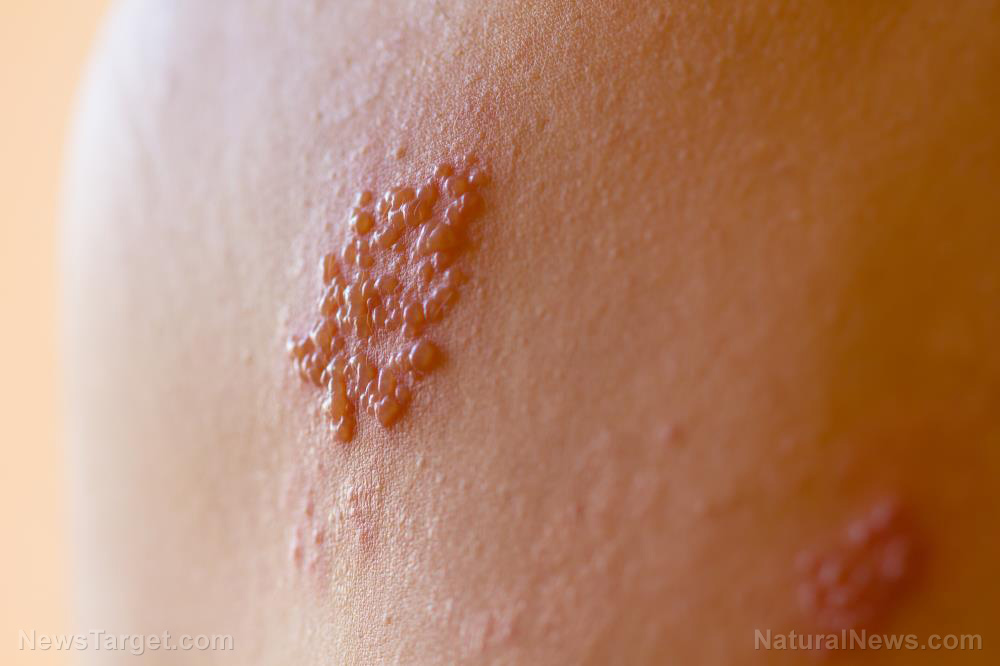
Viral infections caused by the herpes simplex virus are contagious. Herpes simplex virus type 1 (HSV-1) and type 2 (HSV-2) can both be passed on to other people through oral contact and sexual contact, respectively. In particular, HSV-1 is considered an endemic disease due to its presence worldwide, but there is currently no cure for it. In an attempt to address this, researchers from the National Research Centre in Egypt and the University of South Brittany – Campus Tohannic in France conducted a study involving 25 Egyptian plants that are known for their therapeutic applications. They tested these plants for anti-herpetic activity against HSV-1. Their findings were published in the journal Food Science and Human Wellness.
Herpes simplex type 1 infection
HSV-1 is one of the most prevalent viral infections globally. It is estimated that about 3.7 billion people under 50 years old have been infected by HSV-1 or HSV-2. HSV-1 causes oral herpes or cold sores, which affect the mouth and its surrounding area. It can also affect other parts of the body like the genitals, but that is the more common affected area for type 2 than type 1. HSV-1 can develop during childhood and persist throughout a person’s life.
Cold sores caused by HSV-1 usually emerge within the first 20 days of infection and last for more than a week. Infection by HSV-1 usually happens through oral-to-oral contact, but the risk of contracting it goes up when people come into contact with someone who has an active outbreak of symptoms. Other manifestations of HSV-1 infection include eye infections, flu-like symptoms, localized tingling, burning, or itching, and problems urinating. Outbreaks of these symptoms can last for up to six weeks and vary in terms of frequency.
The power of the elements: Discover Colloidal Silver Mouthwash with quality, natural ingredients like Sangre de Drago sap, black walnut hulls, menthol crystals and more. Zero artificial sweeteners, colors or alcohol. Learn more at the Health Ranger Store and help support this news site.
Dermatologists often diagnose HSV infection by looking at the sores. A simple laboratory test can also confirm whether someone is infected. Since there is no cure for HSV-1, infected people are usually given antiviral medicines in the form of pills or intravenous shots, and antiviral creams or ointments to relieve symptoms of burning, itching, or tingling. However, these treatments are of no use to infants and people with long-term illness or weak immune systems. These people are more at risk of serious complications. (Related: Treating Herpes Naturally and with Fewer Side Effects.)
Flavonoids from Egyptian plants inhibit HSV-1 viral activity
For their study, Egyptian and French researchers evaluated the antiviral activity of different Egyptian plants against HSV-1 in vitro. They used Vero cell lines and treated them with extracts obtained from the Egyptian plants. They found that only two plants – namely, Euphorbia coopire (transvaal candelabra) and Morus alba (white mulberry) – yielded extracts that showed potent anti-herpetic activity. Six other extracts showed only moderate inhibition of viral activity.
When they conducted a bioassay-monitored phytochemical exploration of the two plants, they successfully isolated pure flavonoid compounds from them. They examined the antiviral activity of the isolated compounds and identified seven pure compounds that showed significant inhibition of HSV-1 viral activity. These compounds were:
- 7-O-galloyl catechin
- Gallic acid
- Kaempferol 3-O-B-(6?-O-galloyl)-glucopyranoside
- Quercetin 3-O-B-(6?-O-galloyl)-glucopyranoside
- Curcumin
- Quercetin
- Kaempferol
Among the seven compounds, the researchers found that gallic acid, 7-O-galloyl catechin, and curcumin possessed the strongest antiviral activity.
Based on these results, the researchers concluded that phenolic compounds like gallic acid, 7-O-galloyl catechin, and curcumin, which can be extracted from some Egyptian plants, could be potential therapeutic agents for the treatment of adenoviral and HSV-1 infections.
Sources include:
Tagged Under: alternative medicine, anti-herpetic activity, catechin, cold sores, curcumin, disease treatments, endemic disease, flavonoids, Gallic acid, herpes simplex virus, medicinal plants, natural cures, natural medicine, oral herpes, outbreak, plant-based medicine, research, viral infections, virus


